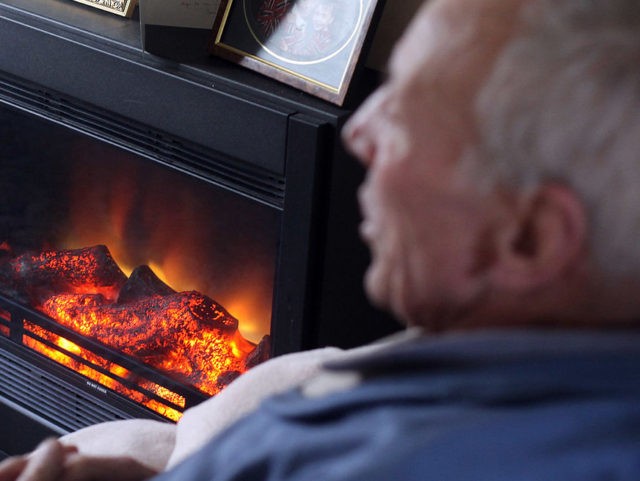British householders are being assaulted by rising costs on multiple fronts, with the average increase to the cost of living between taxes, rising in mortgage payments, new taxes, and energy bills reckoned by one member of Parliament to be nearly three thousand a year.
The sharp increase in the cost of living in Britain has been branded as a crisis by the media and left-wing Labour politicians, with calls across the political spectrum for Rishi Sunak, the Chancellor of the Exchequer to drop his planned 1.25% national insurance hike, costing the average British family an extra £254 annually, which is exacerbating the situation.
The Daily Mail reports the comments of Welsh MP Labour’s Chris Bryant who puts the fresh price rises of late to an average household at a staggering £2,875. The government’s Office For National Statistics (ONS) calculated the average weekly total pay in Britain to have been £588 in November 2021, meaning that this cost of living increase will cost millions of Brits more than a month’s salary.
The largest new cost to Brits comes via the government’s increase of the energy price cap by 54 per cent meaning the average household will expect to spend an additional £693 on energy bills.
Sunak justified this move by suggesting it was “not sustainable to keep holding the price of energy artificially low”, and that as a consequence some energy companies had “gone out of business” already as a result of having to bear the brunt of “soaring gas prices”.
Britons Want Referendum on Boris’s Net Zero Green Agenda: Poll https://t.co/w5Moux7S1q
— Breitbart London (@BreitbartLondon) October 28, 2021
The rise in energy prices has also partially been fuelled by the Conservative’s new ‘Green’ agenda, which has resulted in potential solutions to help counterbalance the cost of energy increase dismissed, such as the government rejecting petrol giant Shell’s plans in October 2021 to develop a North Sea gas field, despite the possibility of it lowering energy prices.
The government has also totally rejected the idea of fracking, despite its potential to bridge the gap in energy supply for decades as Britain transitions to future energy sources. The UK has even been closing down gas storage facilities, robbing the country of the opportunity to stockpile the resource in good times to have a reserve in shortages.
It was predicted at the time of the Rough gas storage facility in 2017, for instance, that not storing gas anymore because it could easily be imported from abroad would backfire in the case of a cold winter and the country would experience gas price volatility. The government denied the claims.
As for solutions to today’s problems today, Sunak has also rejected calls from Conservative MPs to cut green taxes, and also to scrap the VAT on fuel. This has led to Peter Bone, a veteran Conservative MP, accusing Sunak of taking a “socialist approach”. Instead, he has decided to bribe voters with their own money with a series of giveaways which he claims will reduce the cost of living by £350 this year.
One of these giveaways — a one-time cut to council tax — will be paid for with taxes. The other, a reduction in gas bills this year, will be paid for with high gas bills for years to come.
The other major factor contributing to soaring bills for Brits is the Bank of England pushing interest rates up to 0.5% in an effort to control inflation – expected to hit 7.25 per cent in April 2022 – partly caused by the government’s overspending.
The Daily Mail estimates that this will cost the average British household an additional £552 a year in terms of their mortgage and other loan repayments.
The cost of living increase will have been a major factor in the diminished popularity of the Conservative government, where, in the latest YouGov poll conducted between the 26th and 27th of January 2022, they are placed 6 per cent behind their opposition Labour at 32 per cent.
Bojo calls Biden to plot 'Build Back Better', Green Agenda https://t.co/CVbm50ruLu
— Breitbart London (@BreitbartLondon) November 10, 2020

COMMENTS
Please let us know if you're having issues with commenting.